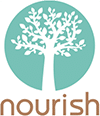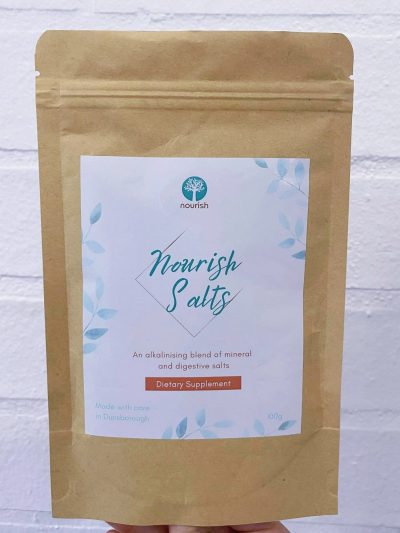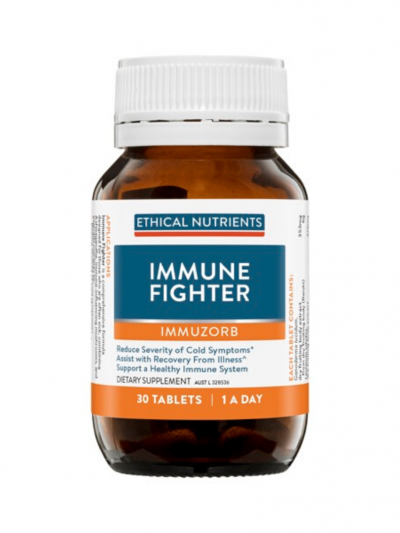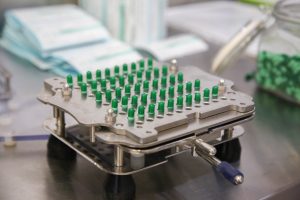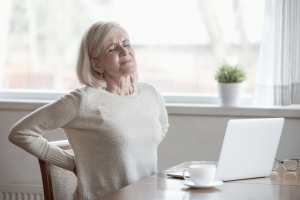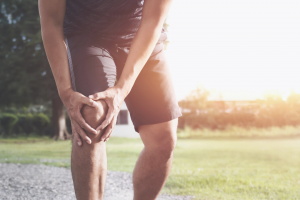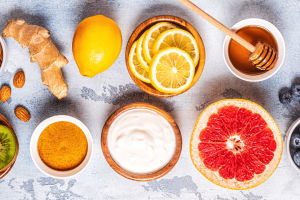Pain Management, Nourish Health Food Pharmacy
Recover from Ross River Virus naturally with these 6 practical treatment options
Although those infected by Ross River Virus will recover in due course, some people notice recovery time can be prolonged and medical treatment can be a somewhat limited. The good news is there are some complimentary medicines and lifestyle changes you can do to help support your recovery. But firstly, what is Ross River is a virus?
Tablet of Contents
What is Ross River Virus?
It is a virus that causes inflammation and pain in the joints and is transmitted by the bite of an infected mosquito. Most people will start to notice symptoms after 3 – 11 days of being bitten however incubation can take up to three weeks.
Those infected by the virus will recover but in some people it can take a prolonged period of time for full recovery.
Symptoms
Symptoms of Ross River virus can include:
- fever
- chills
- muscle aches
- rash
- fatigue
- aching tendons
- swollen lymph nodes.
- headache, especially behind the eyes
- joint pain (most commonly noticed around the knees), swelling and stiffness.
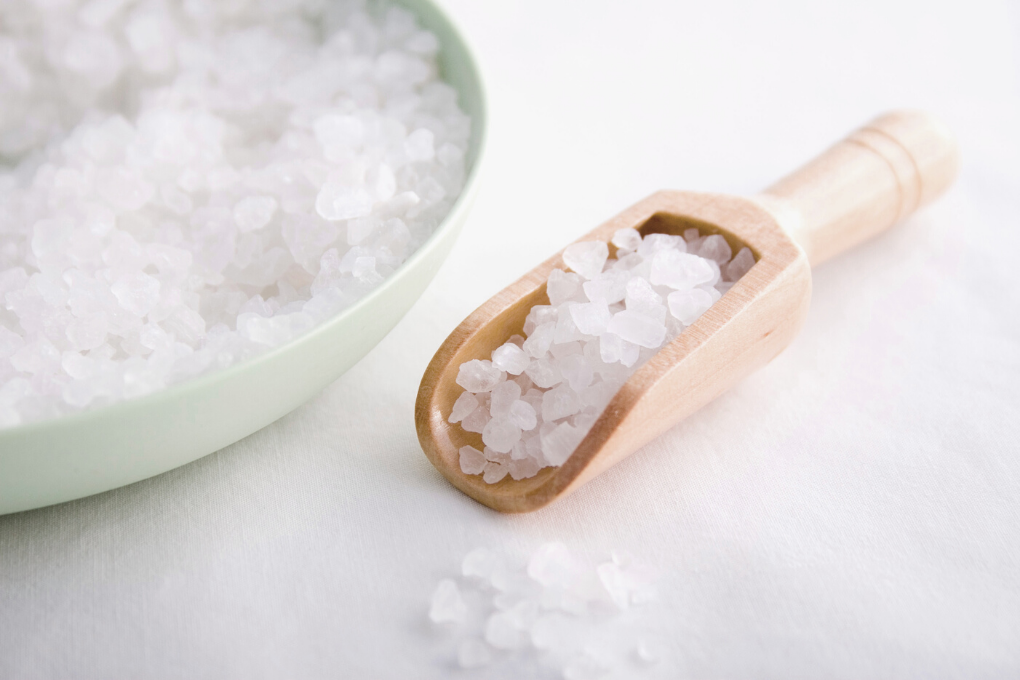
Treatment
Medical treatment is generally limited to paracetamol to help manage pain and fever. There are also some complimentary treatments you can consider to support your immune system for recovery and healing.
Complimentary medicines you could consider include the following:
1. Magnesium
Magnesium is required for many different process in the body. For the management of Ross River Virus it could help with pain regulation, assist with energy production by providing energy to cells, and assist with muscle tension and cramping by acting as a muscle tissue relaxant.
It can even help with sleep as it is required for the production of the sleep hormone melatonin.
2. Omega-3
Omega-3, found in fish oil, has an anti-inflammatory effect. This could help with assisting the body’s overall inflammation caused by the virus.
3. Curcumin
Curcumin has been found to reduce pain and inflammation. When using curcumin it is important to consider the dose and quality of the product. It is often advised to use it in combination with other anti-inflammatory herbs that can also assist with pain reduction and work synergistically together.
4. Herbs for inflammation
- Boswellia works well with Curcumin to reduce joint soreness, inflammation and pain.
- Andrographis is immune modulating & anti-inflammatory. It has been recognised by WHO to assist with fevers, convalescence, malaria and chickenpox. It is well worth while to consider this in a treatment plan during the initial stages of infection and is advised for short term use only due to the nature of its powerful immune stimulating properties. Short term use will ensure the immune boosting benefits without overstimulation. It is then best to switch to Astragalus for more long-term immune support in chronic conditions.
- Astragalus studies have indicated that it has a stimulating impact on immune cell activity. It is a gentle herb to use in the later stage of recovery due to its immune enhancing, immune modulating, antiviral and anti-inflammatory properties. At this stage of healing it is helpful to consider using Astragalus alongside quality medicinal mushrooms to further support the immune system.
- Ashwagandha has been increasingly researched and recognised for a wealth of health benefits. Ashwagandha actions include anti-inflammatory and immunomodulatory properties. It can help reduce joint stiffness, pain, swelling and inflammation. Ashwagandha is also useful to promote sleep reduce fatigue.
5. Medicinal Mushrooms
Medicinal Mushrooms may be helpful during the more chronic phase. Ever increasing in popularity with a growing amount of research, several mushrooms can support the immune system during this time. Reishi, Shiitake and cordyceps feature active constituents have been shown to have immune modulating and antiviral properties enhancing immune function. Mushrooms can be used for the long-term over the process of RRV recovery.
6. Lifestyle factors
To further support your healing and put you on a faster road to recovery we highly suggest the following lifestyle factors:
-
avoid alcohol
-
ensure you are getting plenty of rest
-
eat a nutritious diet
-
reduce stress, and
-
avoid strenuous exercise
Gentle restorative activity such as beach or bush walking, tai chi or yoga will suit at this time.
A relaxing bath in Epsom Salts with Lavender essential oil could also help with muscle aches and sleep.
Remember
This information is general only. Some herbs and supplements are contraindicated with pregnancy and certain medications. Please check with your pharmacist or health practitioner before starting treatment.
Or alternatively book a consultation with our Nutritionist here at Nourish Health.
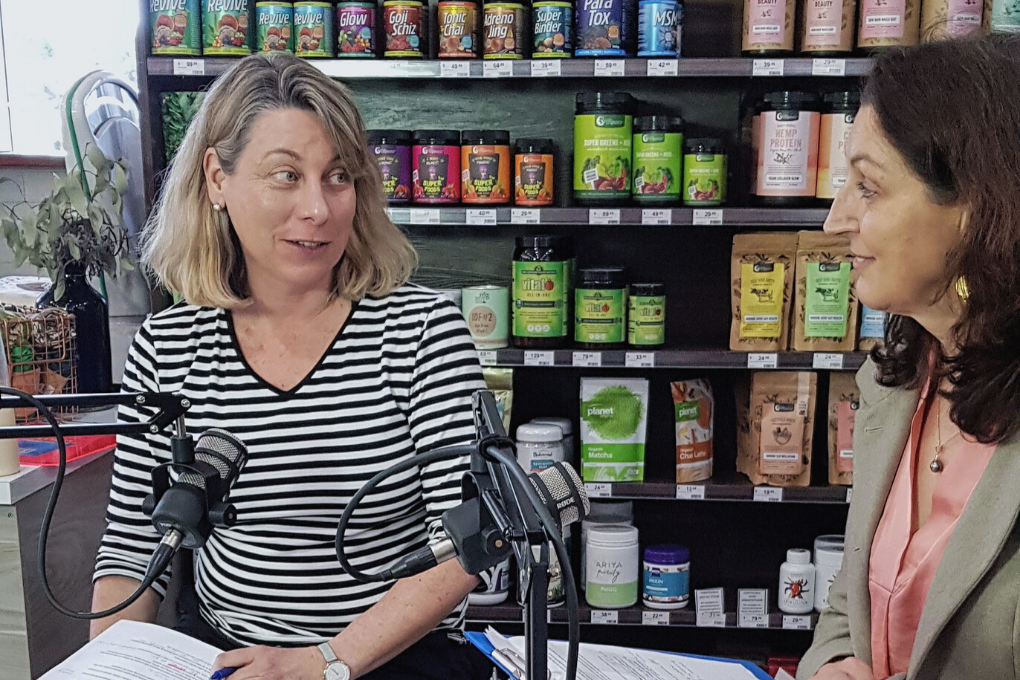
Jody
Nutritionist
This blog was written by Jody Lang, Nutritionist at Nourish Health Dunsborough

